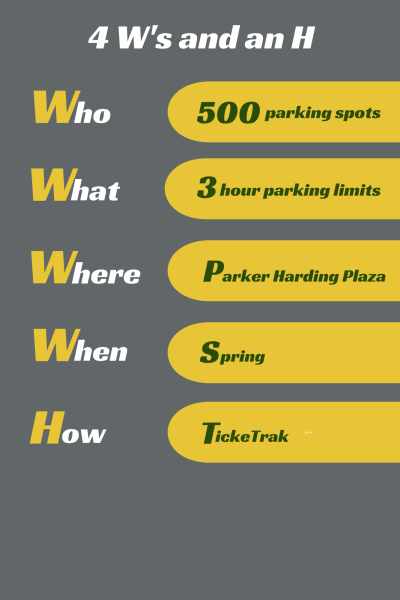Students compete nationally in language exams

Between the months of January and March, Staples German, French, Italian and Spanish students are invited to take their respective National Language Exam; an annual, multi-level online test taken by high school students throughout the nation.
While most of the language classes have only just recently begun to discuss the upcoming tests, students in the German classes participated in their corresponding level (I-IV) of the National German Exam on Jan. 22 and Jan. 23.
Josephine Freeman ’16, though new to taking the test, discovered it to be fairly easy and simply formatted.
“I generally didn’t mind [it],” Freeman said.
According to Freeman, through The American Association of Teachers of German website, she was able to take helpful practice tests that thoroughly prepared her.
Likewise, those taking the National Spanish Exam, held March 23 – 27, appear not to be daunted by the test.
“I usually don’t do much to prepare for it,” Shelby Cataldo ’15, who has taken the exam the past two years, said. “I might look up the vocab and grammar subjects the test covers a few days beforehand, but I don’t do anything intensive.”
While there are practice tests available online and class notes to look over, most of the material found on the language exams is also already integrated into the Staples curriculum.
According to Latin teacher Perry Tavenner, the National Latin Exam simply lends itself to information taught in a Latin class. Tavenner says the easiest way to ensure his students are well prepared for the exam is to follow the National Latin Exam Syllabus. “I make sure most of everything on there is in tune with our curriculum,” Tavenner said.
Mehar Kirmani ’15, a student of Tavenner, greatly appreciates this preparation. “I find the test challenging, but I’ve always been glad that I’ve taken it,” Kirmani said. “The test definitely adds value to Latin because not that many people take Latin, let alone have the ability to take a test in it.”
Despite whether or not students feel they are well prepared, the exams have the potential to be a great opportunity for showcasing proficiency and accomplishments in language class.
According to Spanish teacher Horacio Ballesteros, who takes great pride in having seen many of his students excel at the National Spanish Exam, the test is very complex at all levels. Despite the difficulty, Ballesteros feels that the exam is beneficial to all.
“The idea is for students to know how they place in a nationwide contest and for schools to know how they are doing with their world language department,” Ballesteros said.
“If there are no national standards, it can be difficult for students to know how they are doing,” Tavenner added.
And of course, while not all students will score extraordinarily well, taking the test has no downside. Earning a bronze, silver or gold medal, which for the National Spanish Exam requires a score at or above the 95th percentile and for Latin I a score of 35-40, is quite an accomplishment. According to Tavenner, “There’s not a lot of pressure; it’s fun, and it’s fairly inexpensive.”
As Remy Laifer ’17, who will soon be taking the National Spanish Exam for the first time, said, “If I do well, good and I’ll put it up for college. If I don’t do well, I won’t care too much.”

At Staples High School, you’ll find many kids, clipboard and to-do-list in hand, who think they have their entire life planned out. Jenny Lupoff, on...





















































